Gilles-Maurice de Schryver has been research professor of African Linguistics at Ghent University (Belgium) since 2015, and extraordinary professor at the University of Pretoria (South Africa) since 2014. He holds an MSc in Microelectronic Engineering (1995), as well as an MA (1999) and PhD (2005) in African Languages and Cultures. In 2002 he co-founded TshwaneDJe HLT to develop lexicographic software, and in 2006 he was a founding member of the African Language Technology group. He is the author or co-author of close to 400 books, book chapters, journal articles and conference papers, mainly on Bantu corpus linguistics and lexicography in general. His publications also include award-winning dictionaries for Northern Sotho, Zulu and Xhosa, published with Oxford University Press, as well as various online dictionaries, amongst others the most popular one for Swahili. He is a two-term past President of Afrilex (2009-2013), and past President of Euralex (2018-2021). Earlier, he also served in other capacities on the executive boards of Afrilex (2001-2009), Euralex (2006-2014), Asialex (2007-2013) and Australex (2008-2013). Most recently, he has been co-facilitating the creation of Americalex-S (2021-2023), and currently represents Euralex on the board of Globalex (2022-).
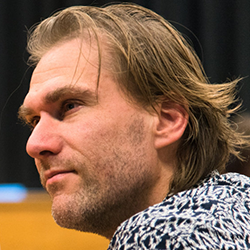
Gilles-Maurice de Schryver
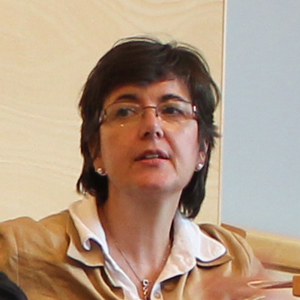
Janet DeCesaris
Janet DeCesaris is originally from Bethesda, Maryland, a suburb of Washington, D.C. As a young child she lived in the Washington area, Phildadelphia and Boston, to return to the Washington, D.C. area when she was 9. After completing high school, she attended Georgetown University in the mid 1970s, while working at the U.S. Department of State. She graduated from Georgetown with a double major in linguistics and Spanish, and obtained a teaching fellowship to pursue graduate study at Indiana Univerity-Bloomington. At IU she would obtain an M.A. in Spanish, another M.A. in Linguistics, and a Ph.D. in Spanish, and while a student there became interested in Catalan. As part of her graduate study she spent two years at the University of Barcelona. She then worked at Rutgers University in New Brunswick, New Jersey for a few years, and finally settled in Barcelona, Spain. In Catalonia she has taught at the University of Barcelona, Rovira and Virgili University in Tarragona, and since 1993 has taught translation, morphology, and English at Pompeu Fabra University, and will retire from university teaching in 2023. Her first Euralex congress was the 1998 congress in Liège, and she served on the association’s executive board for 12 years, between 2004 and 2016. Her research interests range from bilingual lexicography to dictionaries of English, Spanish, and Catalan, how dictionaries can better represent word structure and word meaning, and how dictionaries have changed, or not, over time.
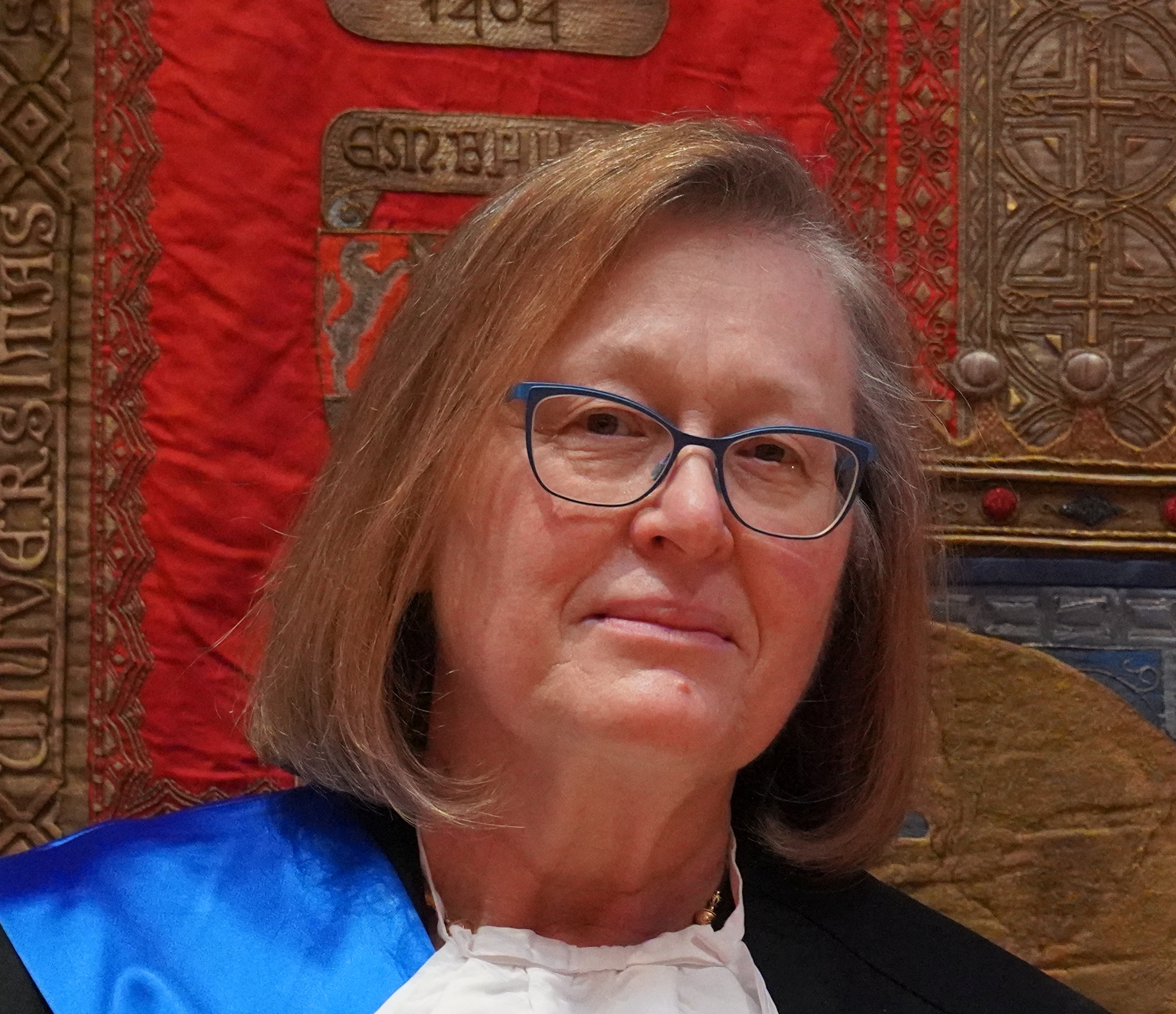
Carla Marello
Carla Marello is a member of Accademia della Crusca. She is Professor Emeritus of Applied Linguistics at the University of Turin. Her research domains are bilingual and plurilingual lexicography, lexicology, corpus linguistics and text linguistics. Her research group created multilingual online corpora (see www.corpora.unito.it) and learners corpora (see www.valico.org). She is a member of EURALEX since its establishment and was member of its executive board from 1992 to 2012. President from 2008 to 2010.
She was associate editor of the International Journal of Lexicography (Oxford University Press) until 2016, and series editor at Zanichelli, Guerra, Edizioni dell’Orso publishing houses. She is the editor-in-chief of the online scientific journal “RiCognizioni” since 2014 and a member of the scientific committees of “Studi di Lessicografia Italiana” journal published by Accademia della Crusca and of “Italica” journal of AATI American Association of Teachers of Italian.
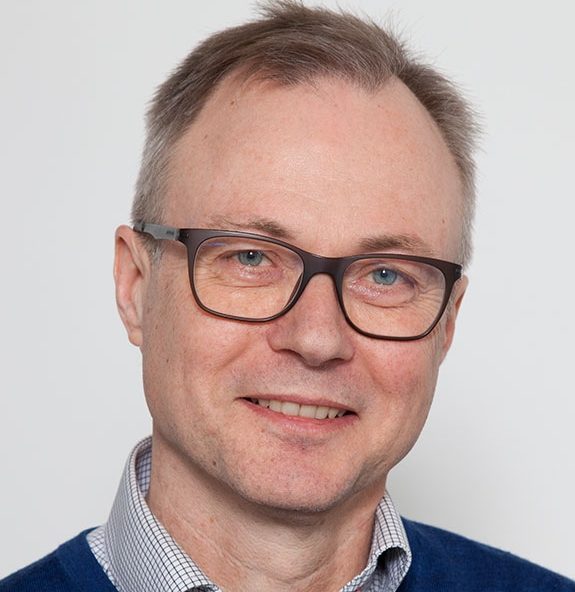
Lars Trap-Jensen
Lars Trap-Jensen has an educational background in general linguistics, Greenlandic, and social studies (Aarhus University), with an MPhil in linguistics (Cambridge University). Since 1994 he has been working as a practical lexicographer at the Society for Danish Language and Literature in Copenhagen, mainly as editor of The Danish Dictionary and the dictionary site ordnet.dk. Throughout his career he has been engaged in promoting the field of lexicography, with active memberships in the Danish Association for Lexicography, the Nordic Association for Lexicography, the European Association for Lexicography, EURALEX, and in Globalex. With a publication list of over 70 articles, Lars has also contributed to the academic field of lexicography.
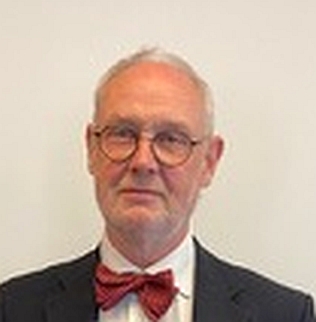
Geoffrey Williams
I was president of EURALEX from 2010 to 2012. I joined the board in 2002 as an ex officio conference organiser member, and then served as member assistant, secretary, treasurer, vice, president, president, and finally past president. I was never destined to become a lexicographer, it was one of those things that happens without any real preplanning. My involvement in EURALEX was all a question of meeting remarkable people. At school, I was heavily involved in archaeology, but went on to study history before finally finding myself in France, teaching English to non-specialists. I worked in the Faculty of science in Nantes for many years and became closely involved with one research group and the problem of how to help students discover scientific English and how to help non-native researchers publish in English. To go further in my quest, I undertook a distance, Masters, course with Aston University, and this is where I discovered corpus linguistics and lexicography through meeting, Frank Knowles, a founder member and president of EURALEX and Peter Roe. At the age of 40, I undertook a PhD using corpus linguistics and lexicography for the teaching of English to non-specialists. At a conference in Pecs in Hungary, I met two other remarkable people who changed my life: Thierry Fontenelle and Marie-Hélène Corréard, both past presidents of Euralex. They wanted to have EURALEX congress in France, and persuaded me to offer my services. Completely mad, I was after all a newly nominated civil servant newly arrived in a small University, I accepted. Joining the board meant I met many other remarkable people and EURALEX became my family. The simple language teacher never expected to be mixing with people like Patrick Hanks, Sue Atkins, John Rundall, John Sinclair, Rosamund Moon, and two people I shall never forget, Adam Kilgarrif and Paul Bogaards, both of whom were taken from us far too early. I also became firm friends with many others, but I really have to mention my dear friends, Janet, Carla and Tinatin.
Over the years, I found myself involved in historical lexicography and now work entirely in this world as my retirement plan. I am currently digitising a late 17th century French dictionary and trying to reconstruct the source corpus for this encyclopaedic work.
EURALEX is a family, and the board, close family. The dynamism of EURALEX comes from the fact that there are always new people, young taking over from the older. We leave the board, but we don’t live association which is why I am so delighted to have been asked to give this talk.
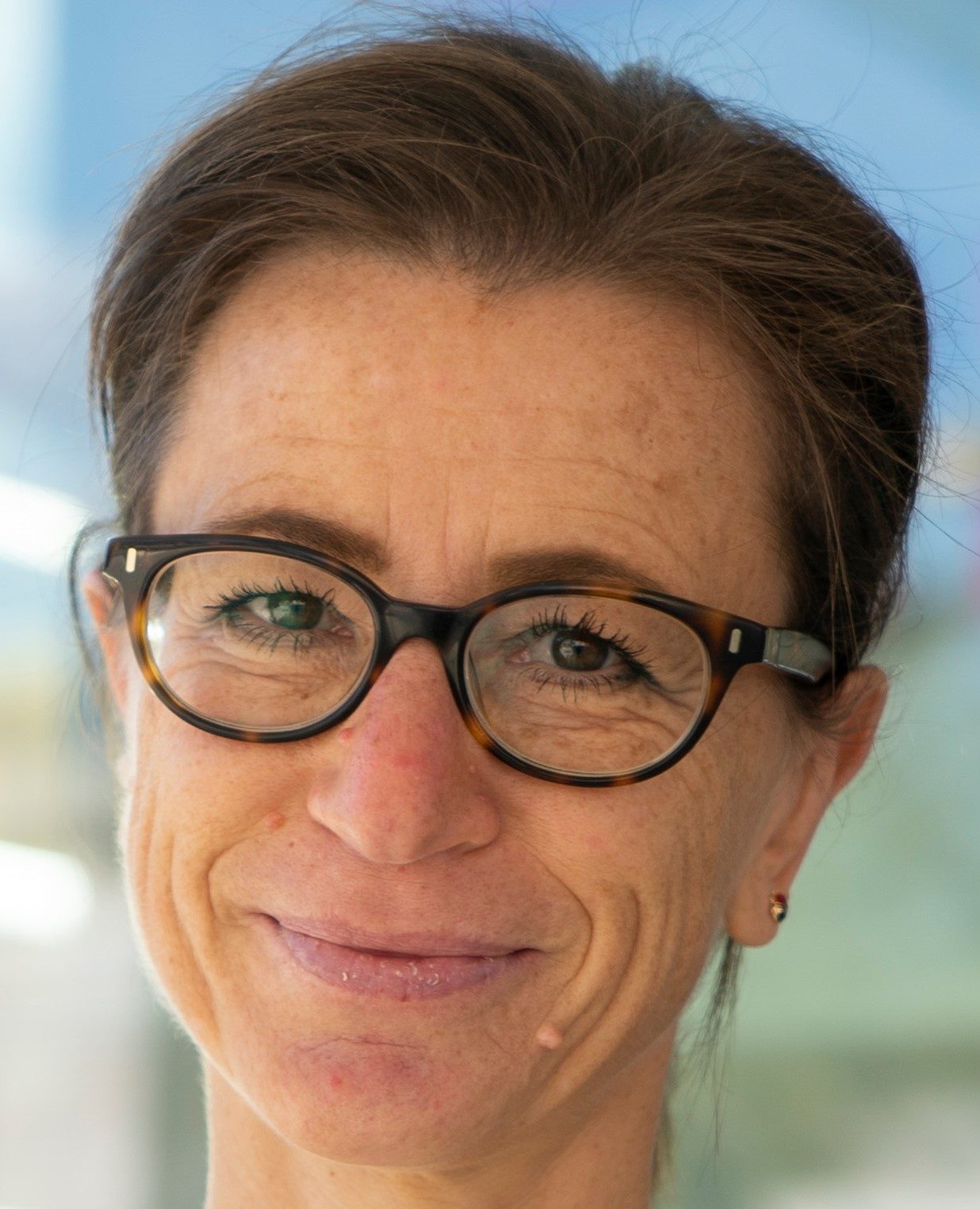
Andrea Abel
Andrea Abel holds a habilitation in German language and literature. She is a full professor for German Linguistics at the Free University of Bolzano and the head of the Institute for Applied Linguistics at EURAC Research (Bolzano). Since 2005 she has been lecturing at the universities of Bolzano, Trento, Innsbruck, Regensburg, and Mannheim. Also, for many years she has been working as a trainer, consultant and reviewer for several seminars, organisations and publications.
She became a member of EURALEX in 2000 and was on the EURALEX board from 2010-2022 being its president from 2016-2018. Furthermore, she was the main organiser of the XVI EURALEX International Congress (2014, Bolzano).
In addition, she has been participating in many research projects and networks in the field of lexicography, e.g. the “European Network of e-Lexicography” COST Action (ENeL, 2013-2017), and the DFG-network “Internetlexikografie” (2011-2013).
Several dictionaries and books were published with her contribution, such as the Electronic learner’s dictionary German-Italian ELDIT, the Basic & Advanced German-Italian dictionary for the bilingualism examination in South Tyrol, the German-Italian school dictionary (Cornelsen). The online resources she helped creating are the Electronic learner’s dictionary German-Italian ELDIT (www.eurac.edu/eldit), the “Korpus Südtirol” corpus (www.korpus-suedtirol.it), the platform for corpus-assisted Italian language learning PAISÀ (www.corpusitaliano.it), and the multilingual platform for the European reference levels MERLIN for German, Italian and Czech (http://www.merlin-platform.eu/).
Her current research fields comprise the modelling of language competence and linguistic variation (German as L1 and L2), research into learner and variety corpora, electronic and pedagogical lexicography, and sociolinguistic aspects of language contact. In these fields she has published more than one hundred articles and papers.

Annette Klosa-Kückelhaus
Annette Klosa-Kückelhaus heads the Lexicography and Language Documentation program area in the Department of Lexicology at the Leibniz-Institute for the German Language (IDS) in Mannheim. Her lexicographic career began over 25 years ago as a lexicographer for Duden and continued as editor-in-large for elexiko – online dictionary of contemporary German as well as the neologism dictionary at IDS. She has (co-)authored extensively on lexicography, has hosted the XX EURALEX International Congress (2022), and currently acts as EURALEX president.
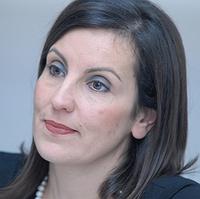
Zoe Gavriilidou
Zoe Gavriilidou holds the position of Professor of Linguistics at Democritus University of Thrace and is also a Visiting Professor at the University of Chicago.She has served in the past as Euralex President, as Vice Rector of Academic Affairs and Student Welfare at Democritus University of Thrace, Dean of the School of Classics and Humanities and Chair of the Department of Philology at the same University. She is currently the Coordinator of the National Network of Learning and Teaching Centers in Greek Universities. She has supervised significant projects such as the THALES Project on Language Learning Strategies, which received a grant of 600,000 euros, and the Project on Heritage Greek, with a budget of 100,000 euros. Dr. Gavriilidou has also been an active member of expert committees responsible for revising curricula in Greece and Cyprus for primary and secondary education, where she advocated for the inclusion of systematic dictionary use teaching. Her research interests encompass a broad spectrum, including pedagogical lexicography, language learning strategies, heritage languages, language teaching, language policies, and Higher Education Policies, reflecting her diverse contributions to the academic field.
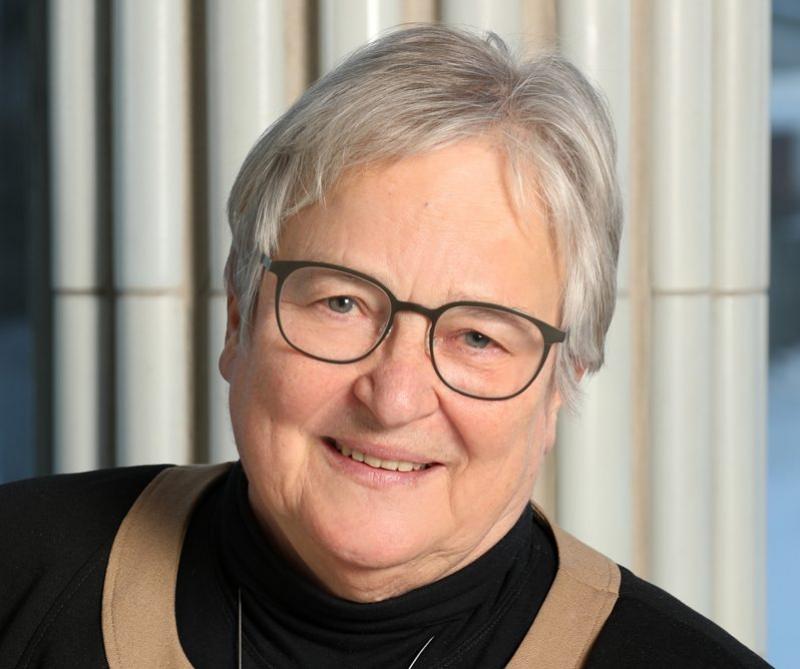
Krista Varantola
I became involved with lexicography through Sue Atkins in 1987 when I took part in a summer school in computational lexicography and lexicology in Pisa. My main interest was the use of dictionaries, particularly monolingual learner’s dictionaries when translating into a foreign language. (Finnish to English). Sue introduced me to practical lexicography and the realities of dictionary making. She also persuaded me and my institution at the University of Tampere to organize EURALEX 1992 where I was professor at the Department of Translation Studies. I became seriously involved in EURALEX after the conference and served on the Board in different capacities during 1992-2004.
During that time Sue I and worked together on several articles dealing with dictionary use.
My career took a different turn in 2004 when I was elected Rector of the University of Tampere and after my term in office I continued as Chancellor of the university. My recent activities have focused on research integrity in national and European contexts, most recently as Chair of the drafting group for the European Code of Conduct for Research Integrity 2023 published by ALLEA (All European Academies) and applied by EU in its research grant applications.
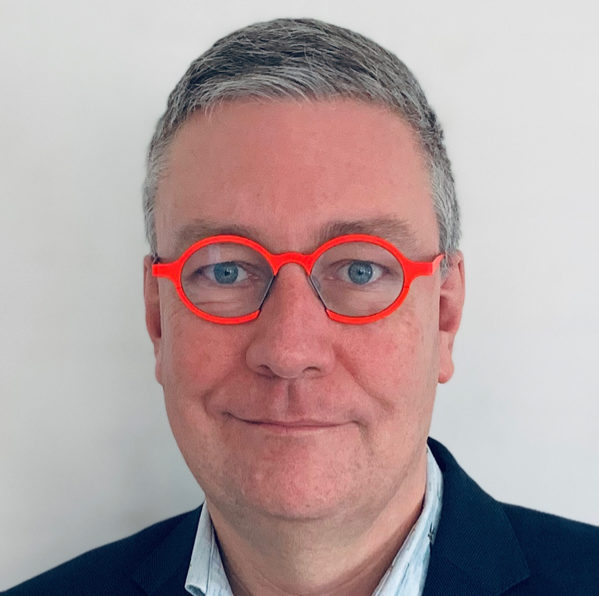
Thierry Fontenelle
Thierry Fontenelle is Head of the European Investment Bank’s Linguistic Services Division, based in Luxembourg. His publications include Practical Lexicography: A Reader (OUP, 2008) and his PhD from the University of Liège (Belgium), ‘Turning a bilingual dictionary into a lexical-semantic database’ (Niemeyer, 1997). He is also the author of around 100 articles on lexicography (especially computational lexicography), translation, terminology, natural language processing and proofing tools.
He played an active role in the European Association for Lexicography (Euralex) for many years: as a member of its Executive Board between 1994 and 2006, as its secretary-treasurer (1998-2000), Vice-President (2000-2002) and President (2002-2004). He organised the Euralex conference in Liège in 1998.
He is also an associate editor of the International Journal of Lexicography. The Université catholique de Louvain awarded him an honorary degree (Honoris Causa Doctorate) in 2016.
He worked for 10 years at the University of Liège (1986-1996), then for the European Commission in Luxembourg (1996-1999), for NATO (1999-2001), for Microsoft in Redmond (USA, 2001-2009), for the Translation Centre for the Bodies of the European Union (2009-2019), and now for the European Investment Bank (since 2019).

